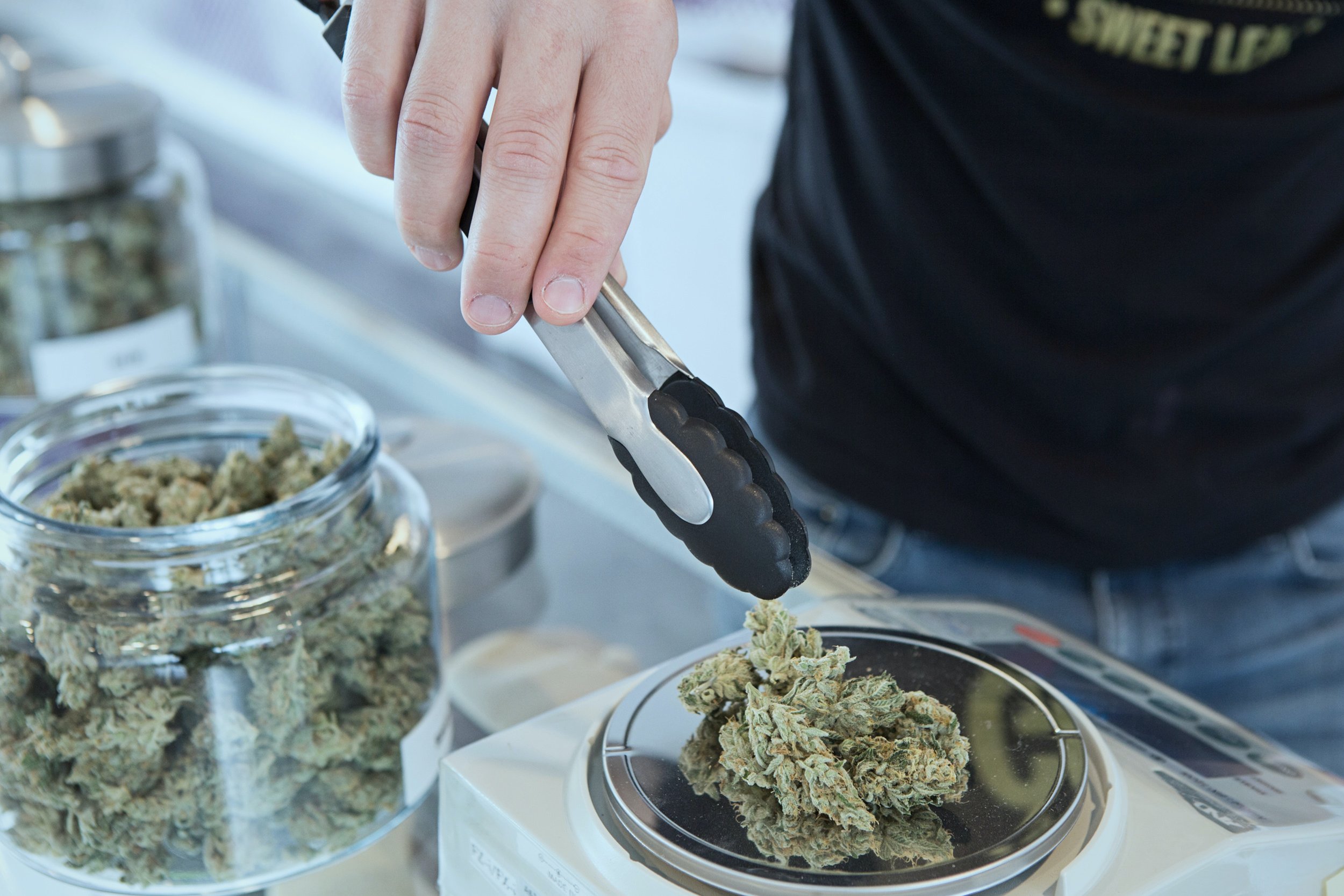Marijuana for Mental Health—What Are the Risks?
Cannabis, or marijuana, is a class of psychoactive drugs derived from the cannabis plant. Cannabis sativa, Cannabis ruderalis, and Cannabis indica are the three plants with psychoactive properties.
Cannabis was formerly used for entheogenic, recreational, and medicinal purposes. Cannabis is widely used for various purposes in the modern world and is frequently abused.
The link between cannabis and mental health is complicated. And there is a lot of deceptive research out there. Without a doubt, cannabis has had an impact on mental health, both negatively and positively. Cannabis improves some people's mental health while worsening others, and there are several factors at work here, including:
How often do they use cannabis?
How much cannabis do they use?
The type of cannabis, e.g., the potency, purity, etc.
Size, weight, mental, and physical health, etc.
Personality and environmental factors.
With all these variables at work, cannabis is not a one-size-fits-all option for all patients, and it cannot be universally used to treat mental health.
Scientists recently extracted medicinal cannabis, a component of the Cannabis plant. Furthermore, research shows that medicinal cannabis can effectively treat certain mental illnesses.
According to research, medicinal cannabis can help treat the symptoms of depression and post-traumatic stress disorder. Although research is still ongoing to support this claim, if you have any of the signs or know someone who does, consult with a professional medical practitioner specializing in mental health.
THE RISKS INVOLVED IN CANNABIS USE
While scientists are still investigating how cannabis can help treat certain mental health diseases, the following are the mental illnesses linked to cannabis use:
Psychotic Illnesses: Cannabis has been shown to exacerbate the symptoms of people suffering from psychotic illnesses such as schizophrenia or bipolar disorder. Cannabis can make psychotic treatments ineffective; intensify symptoms, and cause hallucinations or delusions.
Although cannabis does not directly cause psychosis, there is a higher risk of cannabis-induced psychosis in people with a family history of mental illnesses. Even in the absence of a pre-existing psychotic disease, there is a higher risk of cannabis-induced psychosis following a cannabis overdose.
Depression: People suffering from emotional pain or other symptoms of depression frequently use cannabis to alleviate their symptoms. Cannabis, on the other hand, may exacerbate the severity of emotional distress and other depression symptoms.
Cannabis use in excess and over a long period of time has also been shown to contribute to major depressive disorders.
Anxiety: Regardless of the ambiguous relationship between anxiety and panic attacks and cannabis, anxiety and panic attacks are common among cannabis users, according to research. Additionally, those who experience anxiety and panic attacks may develop a cannabis addiction over time, resulting in dependence.
Dependency: There is an undeniable tendency for cannabis users to become addicted to the drug. Dependency can have unintended consequences that are not always related to cannabis. For example, a young person may withdraw from school, which can disrupt relationships and cause problems with job employment.
Physiological effects: Cannabis can also cause hypertension, dizziness, and fainting.
CONCLUSION
It is not yet clear whether cannabis can treat specific mental health conditions. The link between cannabis and mental health, on the other hand, is extraordinary. Additionally, refraining from using cannabis as self-medication for mental health issues and seeing a health care provider is mandatory if you or a related person is affected by one.
Patients who incorporate marijuana into their treatment plan may find significant benefit from its use, and finding an experienced provider is key to ensuring there are no interactions or contraindications with your medications. Marijuana can be helpful, but like any other medication, it also comes with risks and may not be the best option for everybody. Ask your provider for advice if you’re thinking about adding marijuana to your medications.
Need help with any aspect of your mental health? Contact our team of experts at DreamCloud and book an appointment today to discuss your psychiatric mental health needs.

